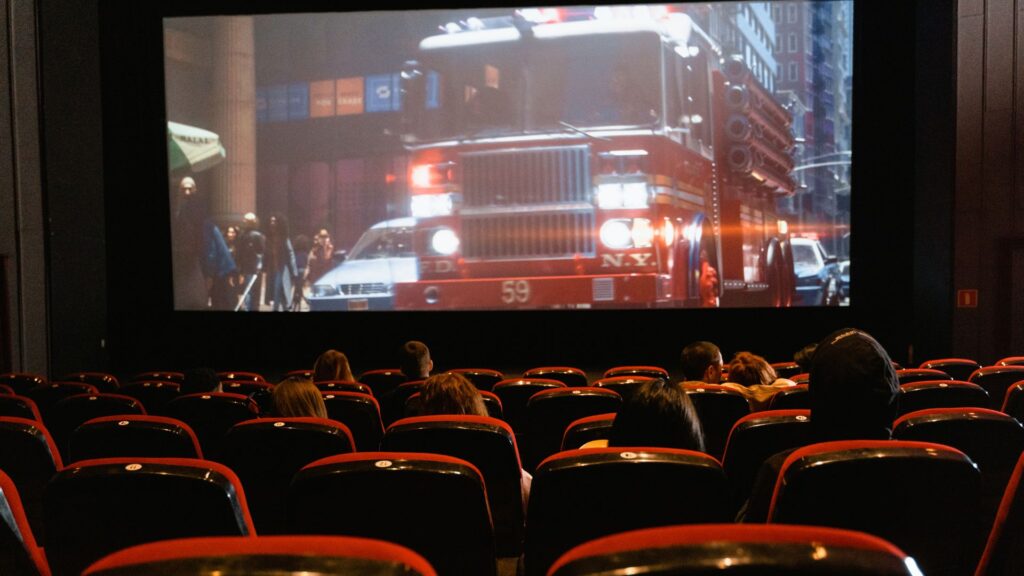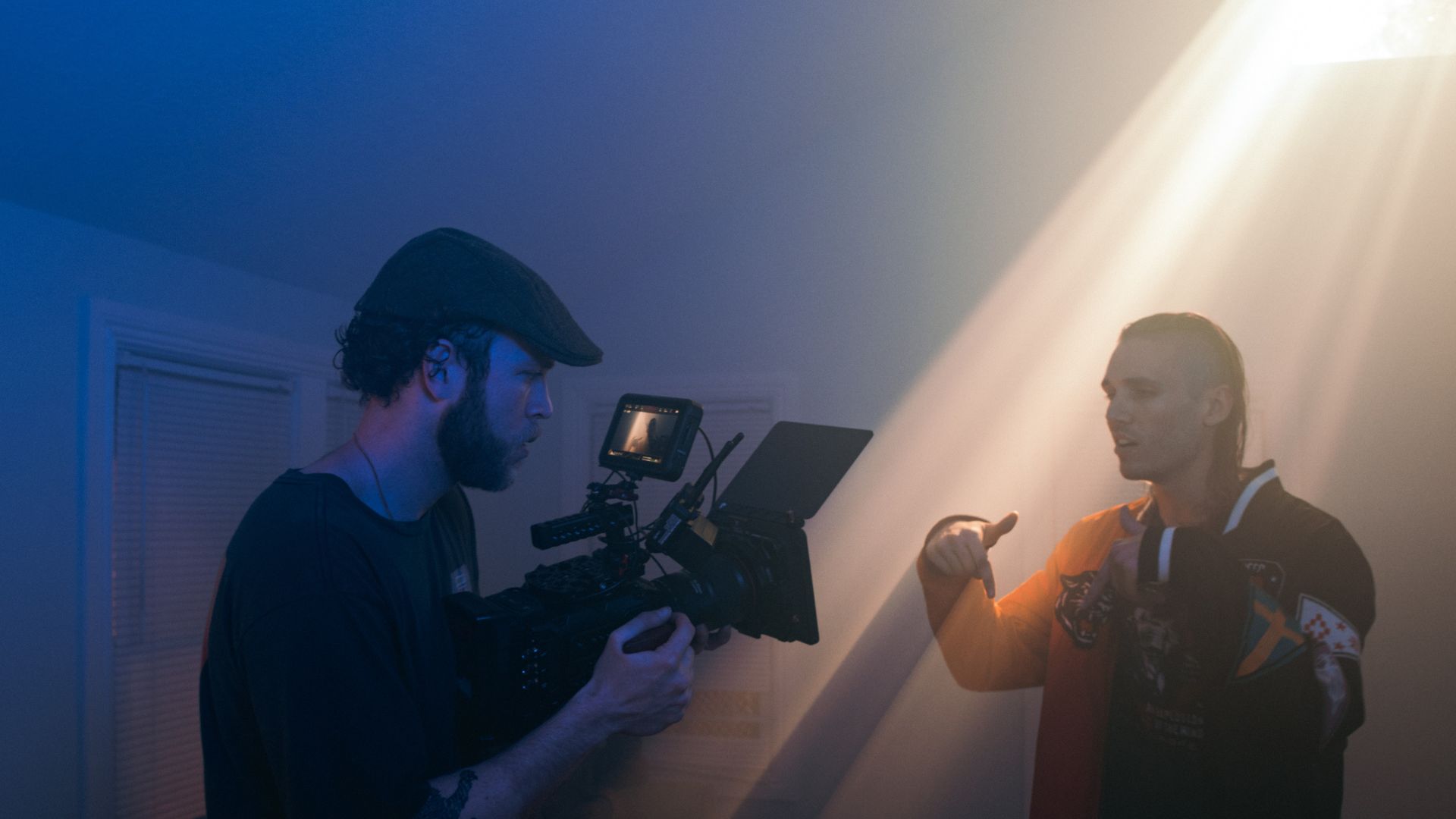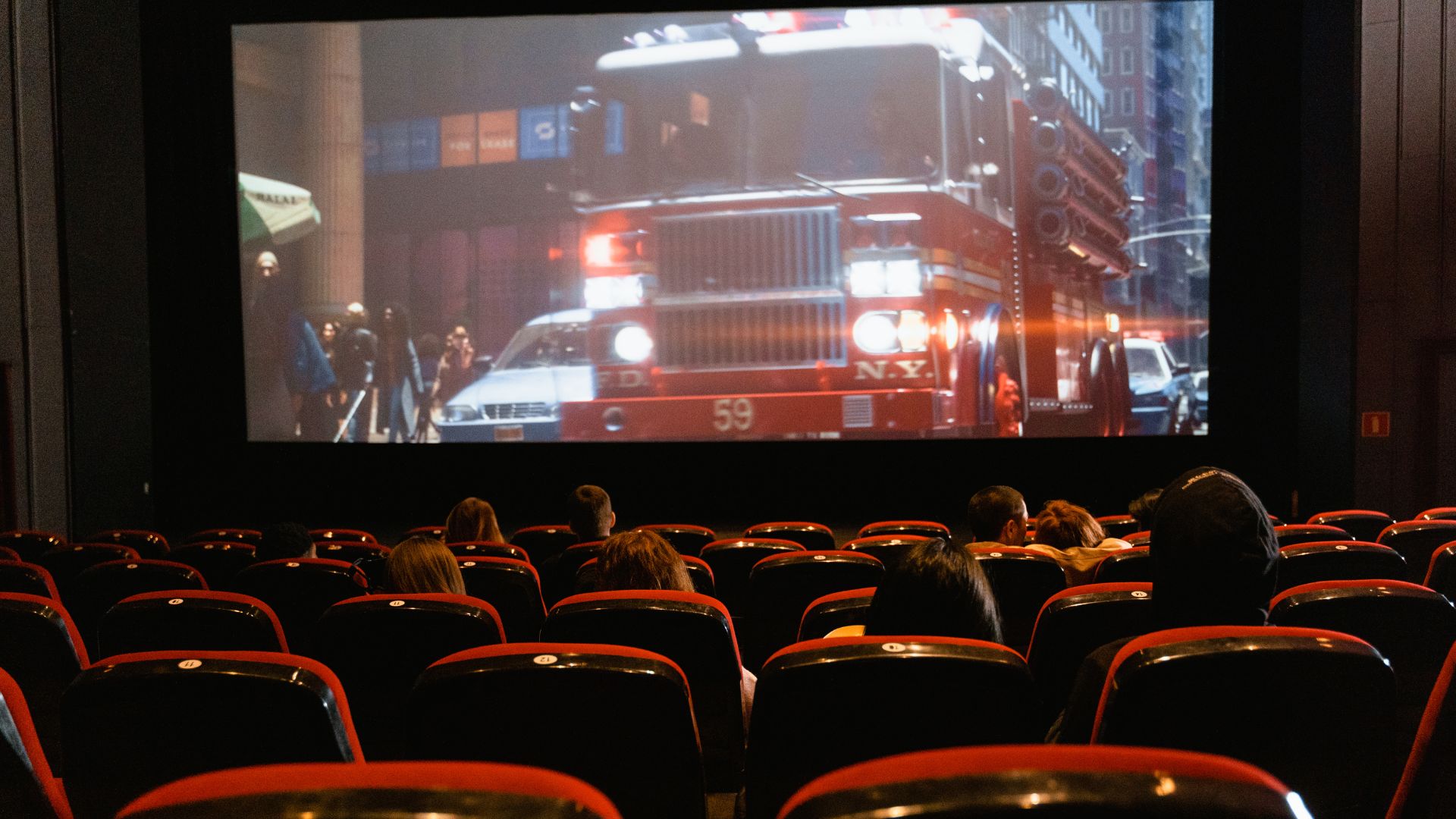When you think of iconic movies, what’s often the first thing that comes to mind? It’s not just the plot, the actors, or the visuals—sometimes, it’s the music. Movie soundtracks have a powerful ability to transport us emotionally, heightening the impact of a scene, enhancing the narrative, and making the viewing experience all the more immersive. Whether it’s a soaring orchestral score or a carefully curated playlist of modern hits, music has the ability to shape the mood of a film and leave a lasting impression on audiences.
In this article, we’ll dive into the importance of film soundtracks, explore some of the most iconic movie scores, and discuss how music continues to play a vital role in cinema today:
- Iconic film scores: Defining tone and elevating storytelling
- The role of music in emotional impact
- Modern trends in film music
- The enduring legacy of music in movies

Iconic film scores: Defining tone and elevating storytelling
There are certain film scores that have become so iconic that they are almost inseparable from the films themselves. Take Star Wars (1977), for instance. John Williams’ score for Star Wars is one of the most recognisable in cinema history. The triumphant brass section, the sweeping strings, and the bold, memorable themes are essential to the grandeur of the story. The score doesn’t just accompany the action—it defines the very tone of the film, enhancing the epic scale of the galaxy far, far away. From the ominous “Imperial March” to the adventurous main theme, Williams’ composition creates a soundscape that transports audiences into a world of heroism, conflict, and destiny.
Similarly, The Godfather (1972) features one of the most atmospheric and haunting scores, composed by Nino Rota. The music in The Godfather is not just background noise—it’s a character in itself. The melancholic yet hauntingly beautiful melody reflects the tragic and complex nature of the Corleone family. The score elevates the storytelling by adding a layer of emotion to the film’s themes of family, loyalty, and betrayal. Every time the iconic “Godfather theme” plays, it’s as though the weight of the family’s legacy is felt in every note, making the film all the more powerful.
And who can forget The Lion King (1994)? Hans Zimmer’s score, alongside Elton John’s songs, perfectly captures the grandeur and emotional depth of the film. From the opening sequence, with the iconic “Circle of Life,” to the heart-wrenching “This Land,” the music in The Lion King is as much a character as Simba, Mufasa, or Scar. The soundtrack blends sweeping orchestral pieces with emotional ballads, weaving a musical narrative that mirrors the highs and lows of the characters’ journeys. It’s this perfect synergy of music and story that makes The Lion King a timeless classic.

The role of music in emotional impact
One of the most significant functions of a film’s soundtrack is its ability to enhance the emotional impact of a scene. Music has a way of tapping into our emotions directly, creating a visceral connection to the story unfolding on screen. Think of Schindler’s List (1993), for example. John Williams’ score for this harrowing film is subtle yet profoundly moving. The mournful violin melodies, played by Itzhak Perlman, reflect the tragic beauty of the story while also highlighting the deep emotional weight of the Holocaust. Every note adds a layer of pain, hope, and sorrow, making the film’s already devastating scenes even more poignant.
Similarly, Hans Zimmer’s score for Inception (2010) uses music to create a sense of urgency, wonder, and confusion. The use of the track “Time” in particular, with its slow build and eventual crescendo, heightens the emotional stakes of the film’s final act. As the characters race against time within the dream world, the music reflects their sense of pressure and the complexity of their situation. Zimmer’s composition takes what could be an overwhelming, mind-bending film and grounds it emotionally, turning the soundtrack into a core element of the film’s narrative.
Music doesn’t just set the tone; it draws out the emotions in us as viewers, making those key moments more unforgettable. Whether it’s the triumphant swell of an orchestra or a simple piano melody, music provides the emotional undercurrent that makes a film resonate long after the credits roll.
Modern trends in film music
As cinema continues to evolve, so too do the soundtracks that accompany it. One of the most noticeable trends in recent years has been the shift towards contemporary music in film. Instead of relying solely on orchestral scores, many films now feature carefully curated soundtracks made up of popular music, and this trend has brought a whole new dynamic to storytelling.
One standout example is Guardians of the Galaxy (2014), which uses a retro soundtrack to anchor its characters and tone. The film’s use of classic 1970s and 1980s tracks, such as “Hooked on a Feeling” and “Come and Get Your Love,” brings a sense of nostalgia and fun that perfectly complements the film’s irreverent humour and space-faring adventure. The soundtrack is not just a backdrop but a key part of the film’s identity, helping to set the tone and deepen our connection to the characters.
Streaming platforms have also had a massive impact on the accessibility and popularity of soundtracks. With services like Spotify and Apple Music, listeners can now easily access their favourite film scores and playlists, allowing music from movies to become a part of everyday life. This accessibility has created new opportunities for films to reach audiences through their music, as people often find themselves drawn to soundtracks before even seeing the film. The success of films like The Greatest Showman (2017) and La La Land (2016), which both had massive soundtracks with chart-topping songs, proves just how significant music is in today’s cinema. These soundtracks don’t just enhance the movie—they become cultural phenomena in their own right.
The enduring legacy of music in movies
Soundtracks are more than just an accompaniment to a film—they’re an integral part of the cinematic experience. From iconic scores like Star Wars and The Godfather to modern hits like Guardians of the Galaxy and The Greatest Showman, music has the power to elevate a film, deepen its emotional impact, and resonate with audiences long after the credits have rolled. In today’s world, where streaming platforms make soundtracks more accessible than ever, music continues to shape our understanding and enjoyment of cinema.
Let’s recap:
- Legendary soundtracks like Star Wars, The Godfather, and The Lion King define a film’s tone and elevate storytelling, creating a lasting emotional connection with audiences.
- Composers use music to heighten emotional resonance, as seen in films like Schindler’s List and Inception, where music amplifies the emotional depth of key scenes.
- Contemporary soundtracks, such as those in Guardians of the Galaxy, feature popular music, shifting away from traditional orchestral scores and becoming an integral part of a film’s identity.
- Soundtracks remain essential to the cinematic experience, with streaming platforms increasing accessibility and cultural influence, proving music’s lasting impact on movies.
As we continue to watch films evolve, one thing remains certain: soundtracks will always play a pivotal role in enhancing the movie-going experience. They have the ability to define a film’s mood, heighten its emotional stakes, and leave a lasting cultural imprint. In short, soundtracks matter because they make the films we love even more unforgettable.








